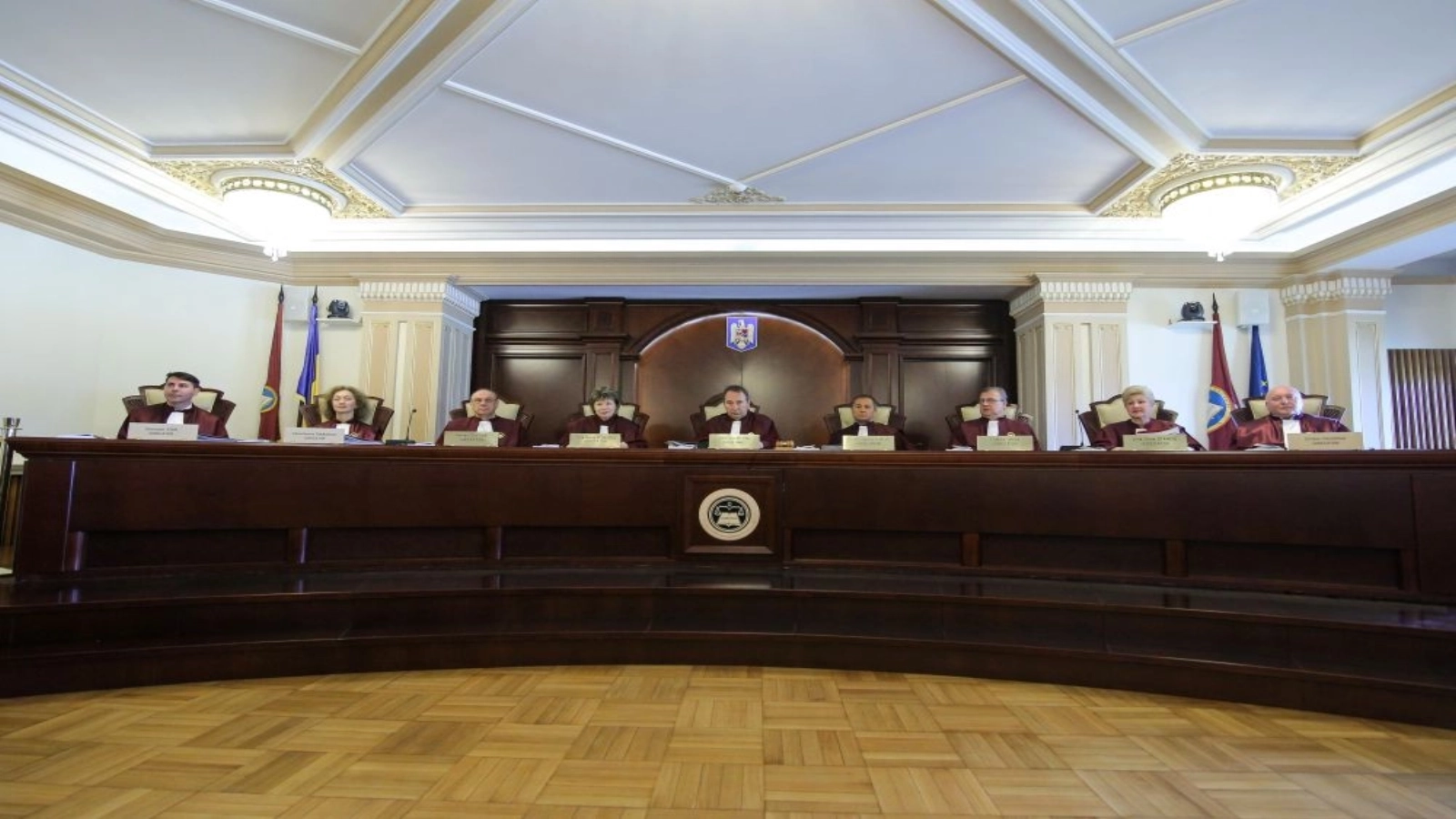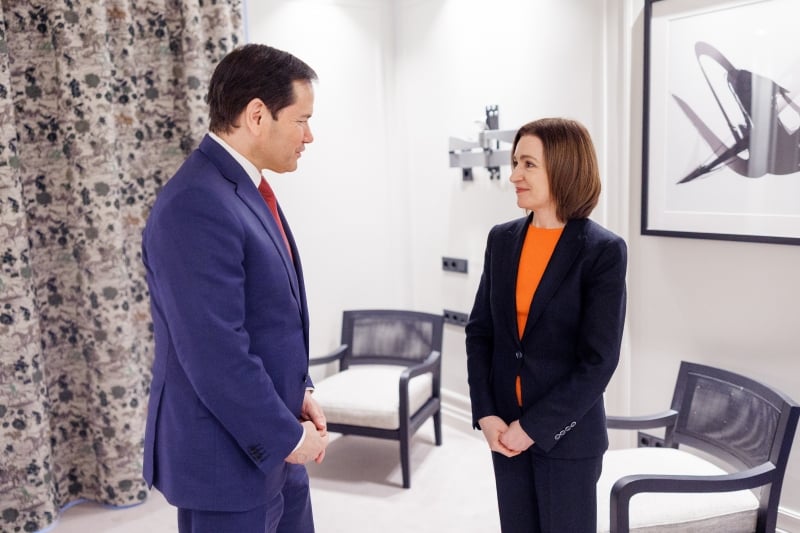The Constitutional Court of Romania on Thursday pushed back until July 29 a ruling on the challenges submitted by the Save Romania Union (USR), the National Liberal Party (PNL) and President Klaus Iohannis to the amendments brought by Parliament to the Criminal Code and the Criminal Procedure Code.
According to Constitutional Court officials, the judges succeeded in concluding debates on the matter, but deferred a decision. This is the seventh time that the case is postponed.
The challenges refer to the Law amending and complementing Law No. 286/2009 on the Criminal Code, as well as the Law No. 78/2000 on the prevention and punishment of corruption deeds, as well as the Law amending and complementing Law No. 135/2010 on the Criminal Procedure Code, and amending Law No. 304/2004 on judicial organization.
* The Save Romania Union (USR) and the National Liberal Party (PNL) jointly filed two constitutional challenges, arguing that the respective bills usher in more than 300 "harmful" changes to the Criminal Code and the Criminal Procedure Code.
The USR considers that all these changes run counter to both the rule of law, ''weakening Romania's criminal policy", and favoring offenders, but also to the Constitution.
* In his challenge, President Iohannis mentioned that the law on the amendment of the Criminal Code was previously subjected to the constitutional check, as Ruling 650/2018 of the Constitutional Court of Romania had found that some of its provisions are unconstitutional, but that in the review procedure, Parliament passed the criticised piece of legislation, exceeding the limits established by the Constitutional Court.
"Thus, during the procedure of rendering compliant certain provisions of the law, declared unconstitutional under Ruling No 650/2018, Parliament on the one hand disregarded its constitutional obligation to reconcile the texts of the criticized law with the previous rulings of the Constitutional Court, which is contrary to the provisions of Article 147 (2) in conjunction with Article 147 paragraph (1) and paragraph (4) of the Constitution, and on the other hand, failed to operate the necessary correlations, adopting regulations that violate the principle of legality, thus breaching the provisions of Article 147 paragraph (2) in relation to Article 1 paragraph (5) of the Constitution. (...) In the review procedure, Parliament completely removed the amendment to Article 35 (1) of the Criminal Code, although the non-constitutional character concerned only the second sentence of this article. On the other hand, the removal of the legislative intervention on the text of Article 35 paragraph (1) of the Criminal Code amounts to the breach of Parliament's obligation to bring this text in line with Ruling No. 368/2017. Rendering criminal law compliant with constitutional court rulings was an aspect publicly assumed, both internally and at European level, and was (...) one of the reasons for the legislative initiative," the President said.
He considers that Parliament was free to review only the provisions in the second sentence of Article 35 paragraph (1), and was not allowed to make any changes to the first sentence of paragraph (1) of Article 35, which was in line with the provisions of Ruling No. 368/2017, since it did not contain the requirement for the uniqueness of the passive subject for a repeated offense to be upheld.
The challenge mentions, among others, that the statutes of limitation for criminal liability is interrupted by any act carried out in the respective procedure, which must be communicated to the suspect or the defendant, without the need to refer to the person, as the statutes of limitation are being regulated in Art. 154 of the Criminal Code, depending on the nature and severity of the punishments set forth by the law for the offenses it applies to. According to the Constitutional Court's long-standing jurisprudence, the arguments for the rulings of the contentious constitutional court have the same binding force as the operative part of the judgment, the head of state added.
''Or, in the procedure opened according to Art. 147 para. (2) of the Constitution, Parliament has made changes to the regulatory content of Art. 155 of the Criminal Code, disregarding the considerations of Ruling No. 650/2018 para. 419 and 421," Klaus Iohannis concludes.
































Comentează